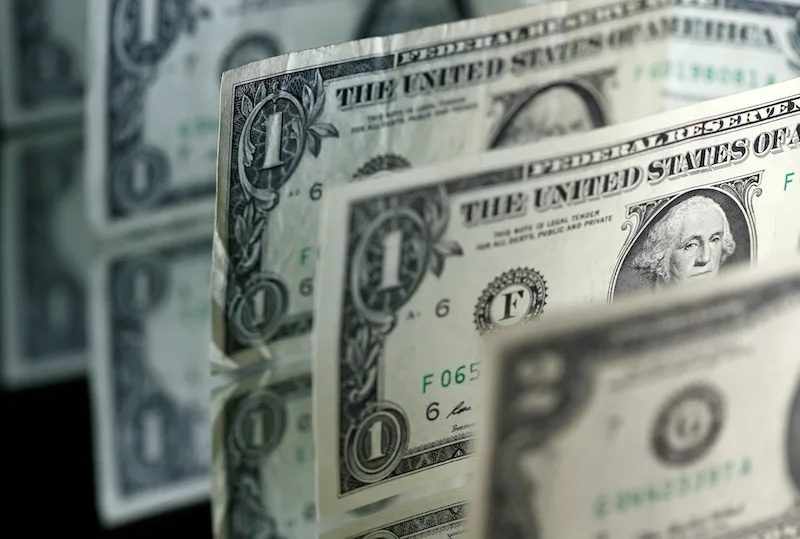An Awkward Birthday for the Euro
- Date: 01-Jan-2022
- Source: Asharq AL-awsat
- Sector:Financial Markets
- Country:Middle East
An Awkward Birthday for the Euro
What to Expect in 2022
The year will be a money milestone. Jan. 1 marks two decades since the first euro banknotes and coins got into people’s pockets. Even anarchic Bitcoiners should care: The euro was the first new currency of the 21st century (though clearly a product of the 20th). It was viewed with skepticism by economists (there was no country called ‘Euroland’, after all). It sought to counter the dominance of the US dollar. And it aimed to banish high inflation and national currency mismanagement to the past. It also came with a lot of heady optimism about peace and prosperity.
As the above tracker of euro-area financial-market stress shows, the initial euphoria didn’t last, and the sovereign debt crisis of 2011 saw hedge funds openly bet on a collapse of the single currency. But Europe’s handling of Brexit and Covid-19 has been far less messy, and the willingness of Germany to keep walking the path towards more integration — including joint borrowing — means the euro can claim to have reached maturity.
Where things get awkward is that for all the steps taken towards building something close to Euroland, the pandemic is likely to leave economic scars that may build























